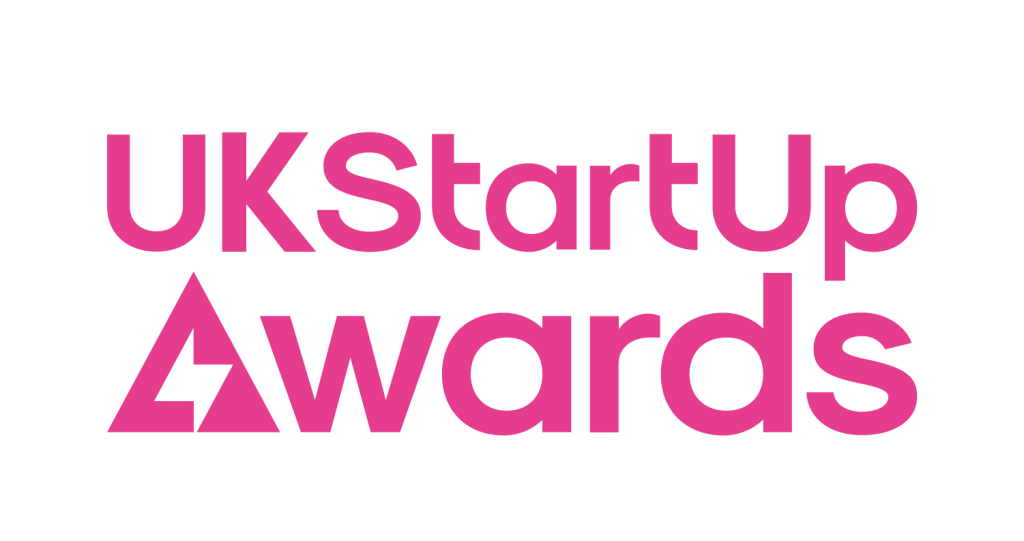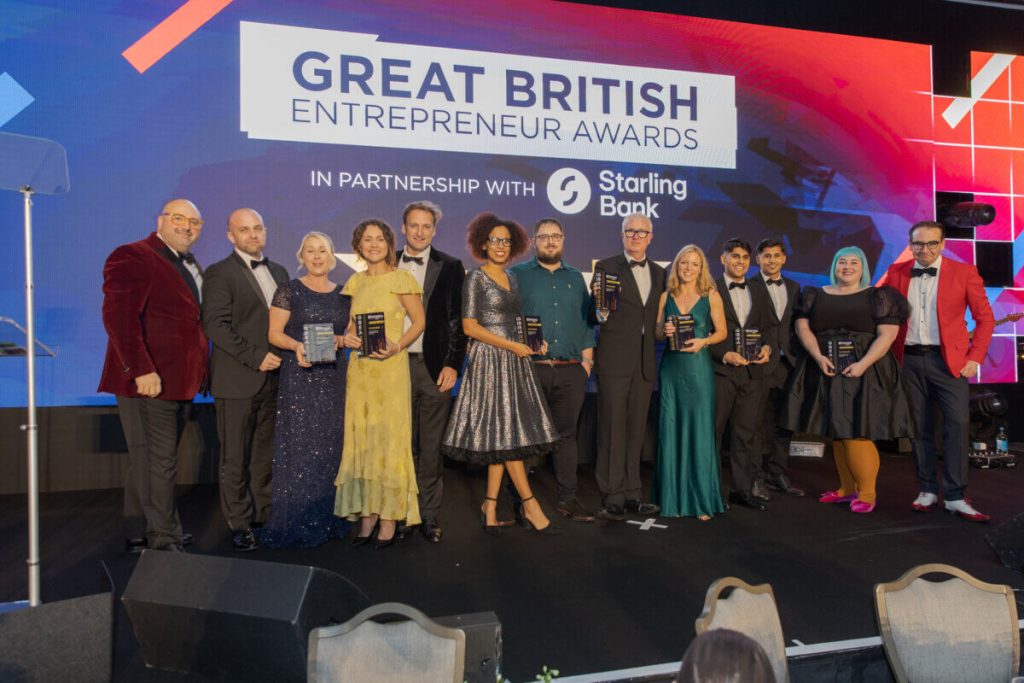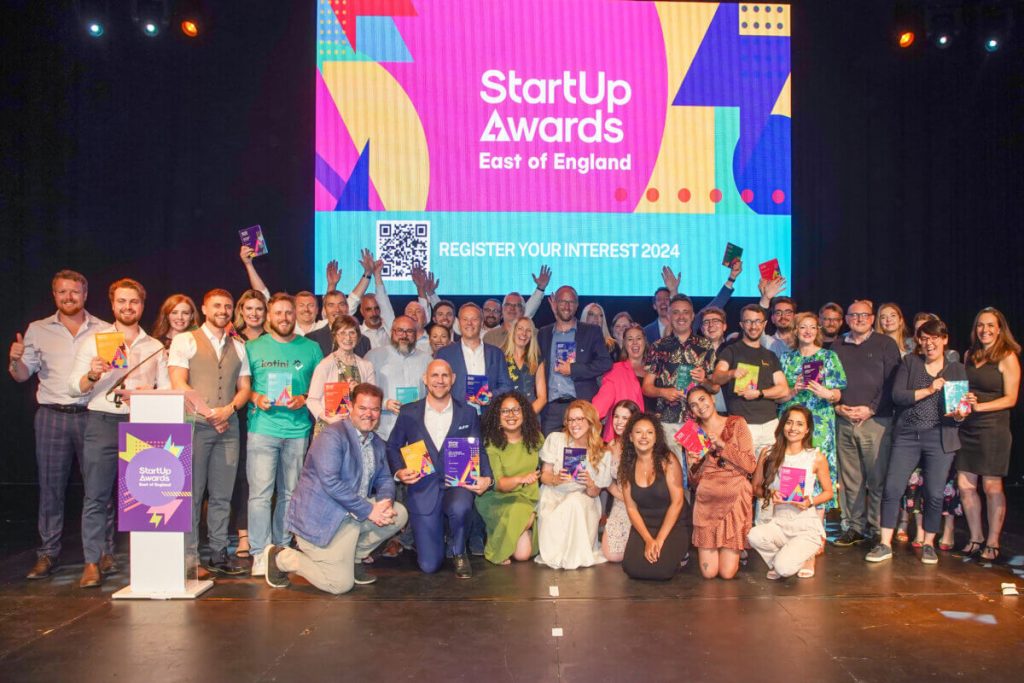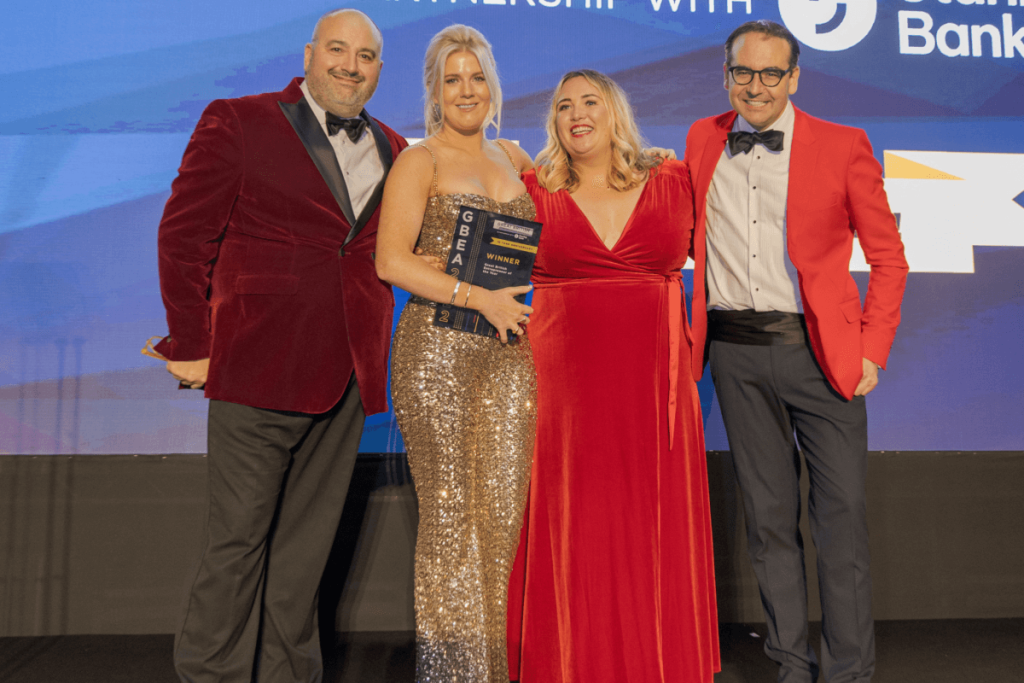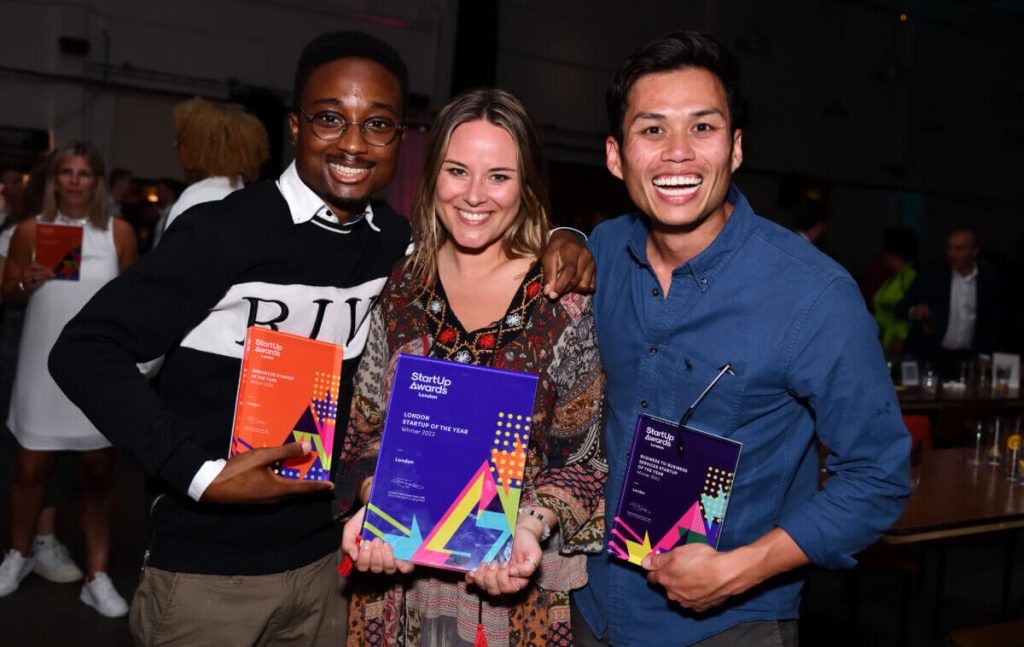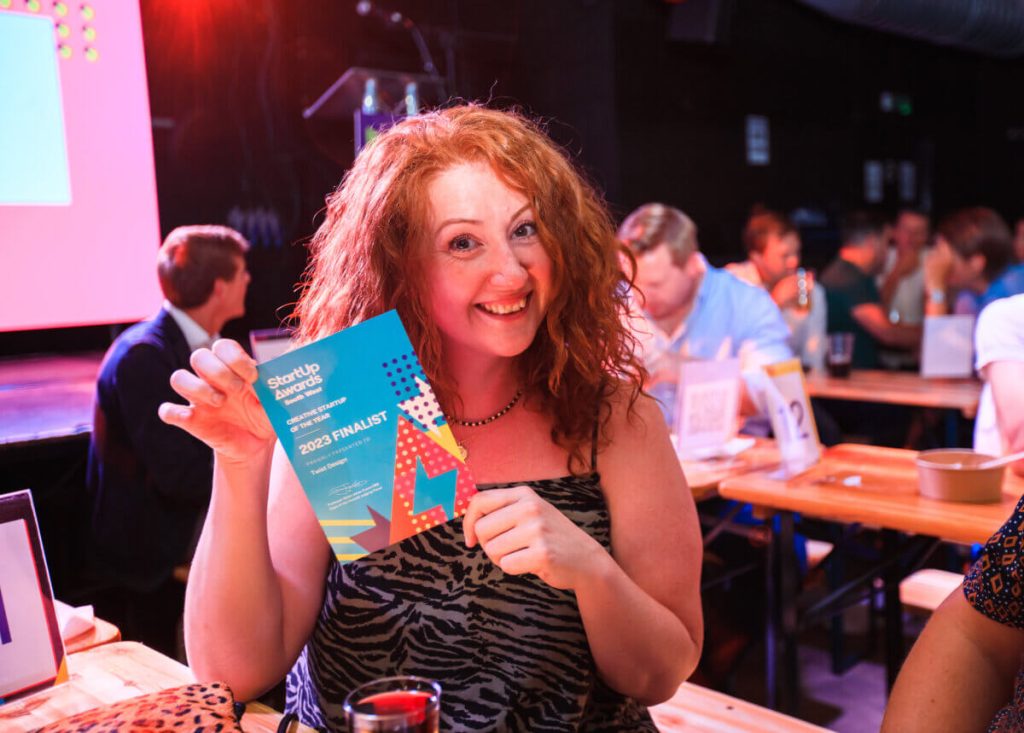Namrata Kamdar founder of the StartUp Awards winning business Plenaire discusses the topic of mental health as a founder, and why she no longer strives for perfectionism.
Last day before a big summer holiday weekend- swimsuits, flip flops, everything’s packed. And you get that call. “Dave’s wife’s gone into labour and I need you to fly with me to Houston Sunday night. No, sorry there is no one I can delegate this to. Your husband will understand…he always does.”
Or cut to the school summer fair. Beautifully decorated cakes all around some of them clearly made by professionals and yours is a sad little single-layer cake with a pathetic store-bought frosting on top.
Or it’s a Friday that starts great, you’re positive and upbeat. But then, there it comes, the passive-aggressive email from somebody, somewhere somehow telling you the proposal you sent, pitched, and spent a night on- ISNT GOOD ENOUGH – and suddenly your weekend looks unbearable.
We have all been there! Well, I have, more than a few times. Back in the day, and rather early in my career I might have let these things upset me, or made me quite angry, and defensive and taken it personally. And then there were all those thousands of times I would have let it boil inside and eat me up to the point I worked all night long on decorating a school fair cake.
So nowadays, I generally take a HUGE step back, I don’t react, and I definitely don’t overwork. I look at the situation through clear eyes because I have decided that I am simply not going to let myself react “in the moment”. I generally let it bounce off of me in a way that I wouldn’t have before. This is, make no mistake, a learned behaviour, and a deliberate technique.
It’s taken a lot of time, focus, practice, and patience with myself to get this right. But when that was done, I found myself in a far more easy, vivid, world where I was free to make my own choices rather than being a victim of other people. I was happier, lived more in the moment and ultimately began to think more creatively, and openly. I simply did my very best work, both career-wise and as a parent.
And you might be thinking, right about now, what happened? What changed? And how did I get there?
It took me getting to my absolute edge and surrounding myself with some cool, supportive people who gave me the courage to gain awareness of and take responsibility for my own self-destructive behaviours and thought patterns. I went to the yoga classes, downloaded the mindfulness app, and tried and successfully did CBT, a stint at the Priory.
So what did I learn?
Perfectionists are cowards.
Studies seem to suggest that perfectionistic tendencies can lead to constant disappointment and a high level of stress which increases the risk of burnout and depression. While having high standards is important to success, impossible expectations can prove more harmful than an ability to move past mistakes and learn from them quickly.
I have now understood perfectionism in many spheres is largely self-defeating and can often actually create roadblocks to creativity and innovation.
The most creative people I have worked with have generally been open to different ways of doing things and supported diverse styles and voices. In my experience, leaders that are pedantic, close-minded and provide highly regimented limits to how to do things tend not to have motivated teams or b, attract the best talent. Leaders whose fear of failure drives them rather than those that encourage their teams to take risks, fail and learn from mistakes.
Look, I am not saying to be sloppy. Everyone knows their version of their best. The important thing is to try your best and be happy with the outcome rather than working to please others and pushing back when you need to. And knowing when to “lean out” when you have tried your best. So I am OK with being OK, even if that sometimes means others aren’t.
Similarly, negotiating is better. I no longer perceive settling for OK on one task to have more time for another as a problem. I try my very best to rank things in order of importance and focus on the ones that make the most impact. Ruthlessly.
Put yourself first
In a similar vein, I now realise that making other people happy or “not letting other people down” is not my full-time job. My boss, my colleagues, and my family.
These principles apply everywhere. If they aren’t happy with my very best, they will have to live with it, because today, I come first. I am finally on Team Me -I am on my own side. And being kind and supportive to me first is what is essential to my well-being. It took losing my health to understand that my wellbeing and my family and kids come first. Because if I can’t function, how will they?
That tempting trip to Houston consists of back-to-back meetings — you might have to say NO this time and put yourself first. I suspect somehow, that’s actually what good leaders do. They set limits for themselves and for those in their team to who they have a duty of care.
Get on top of self-doubt.
Negative thought patterns. I have literally turned off the inner voice that says- “you are useless, and not good enough and if it weren’t for plain dumb luck, (and the college tuition money your parents lent you back in 2004), you would be eating out of a garbage can outside the council leisure centre”. Again, developing the awareness to understand and weed out negative thought patterns or realise you are catastrophising has been an essential skill to learn.
Commit to changes and taking risks.
Make small changes every day: explore and be open to new experiences. Don’t live life on the edges. I realized as I was about to turn 40 that there were a bunch of things I wanted to do but hadn’t done yet. And now I think about how many of those things I want to do as I plan the year- as the main event, rather than “the time off I am allowed” in-between work and running mundane errands.
Do I love what I do? Yes. Enough to not take a risk and try something new? Not anymore. With changes and risks, comes growth. The keyword here is change.
Change breeds growth and growth is an essential element of happiness.
Read the rest of Namrata’s key learnings and find out how you can be a better, more aware founder here.
